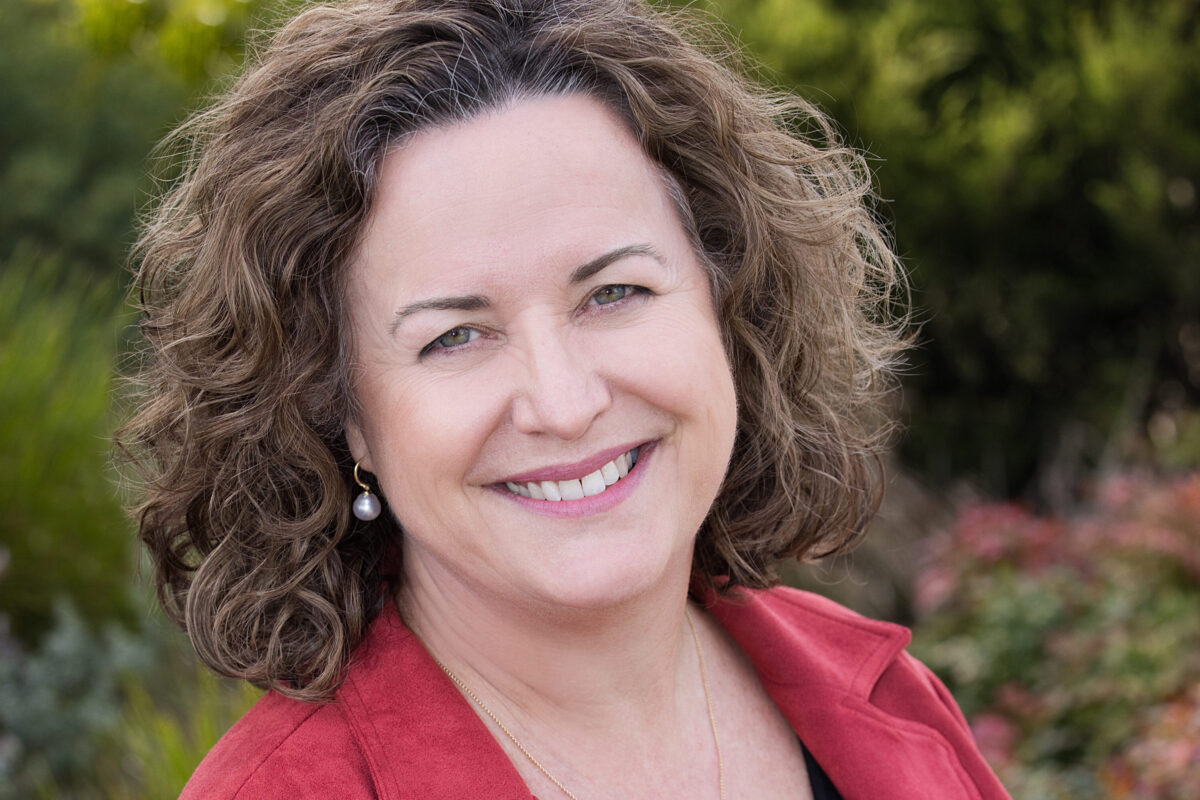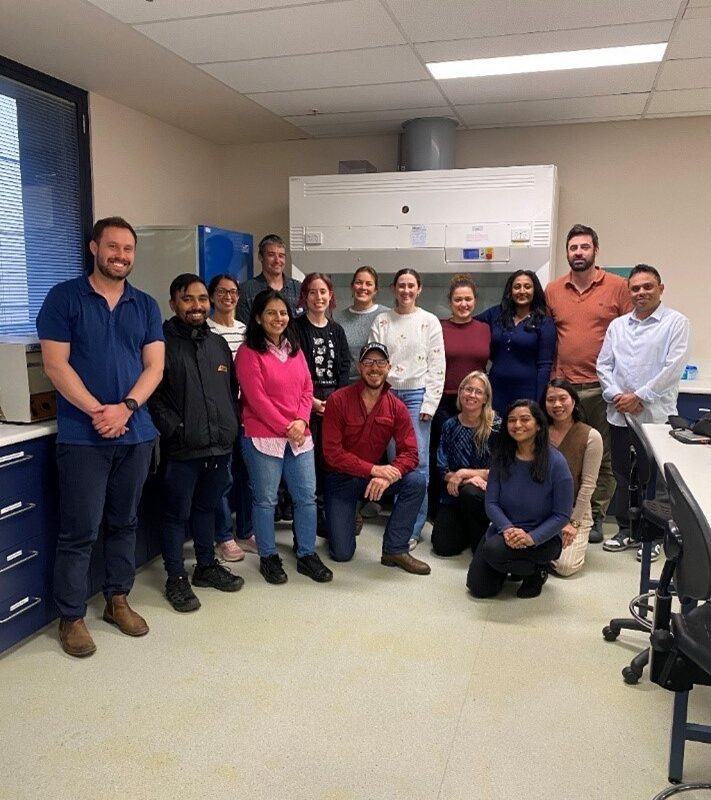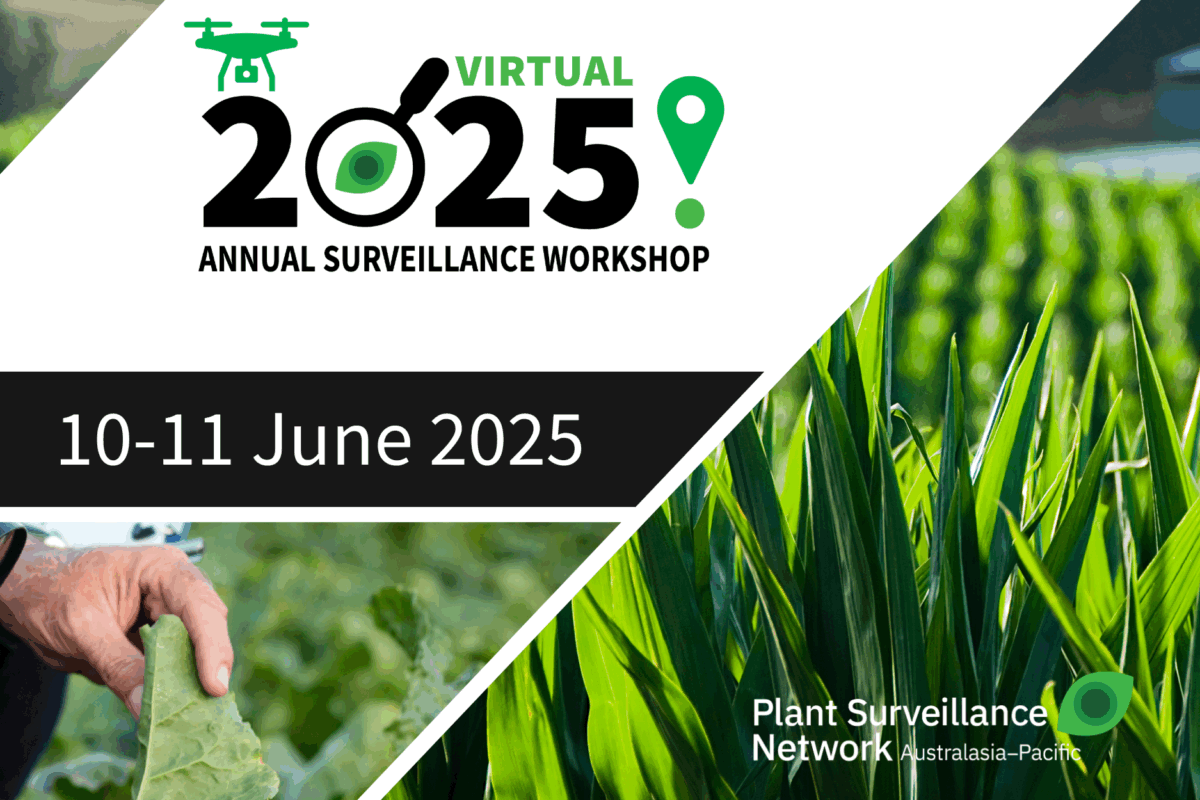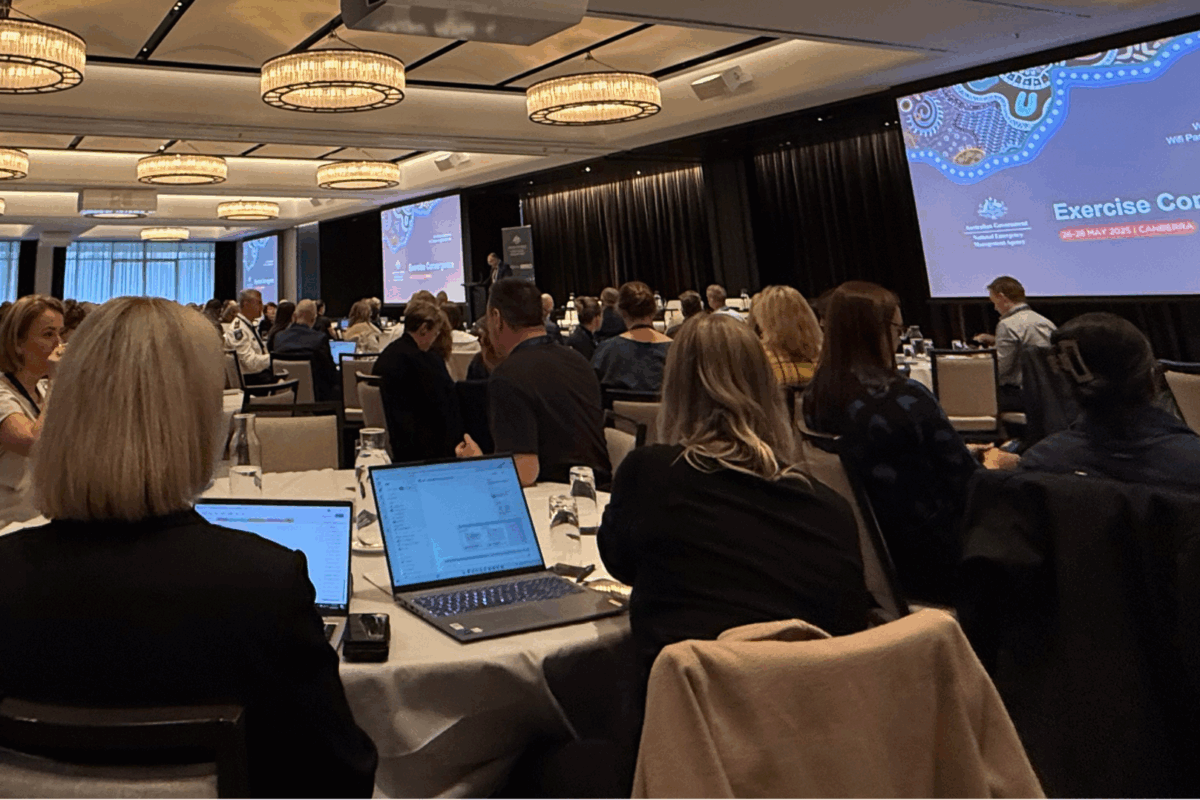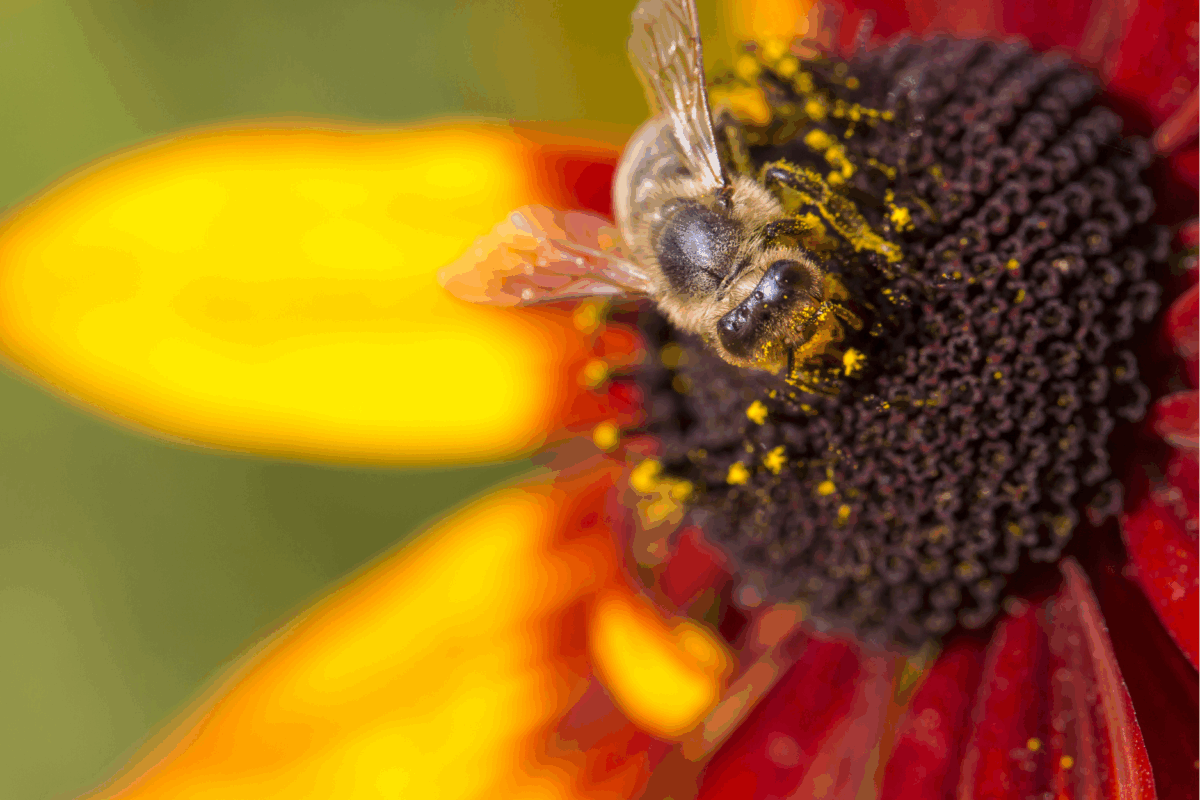National Biosecurity Committee presents at PHA-AHA Member Industry Forum
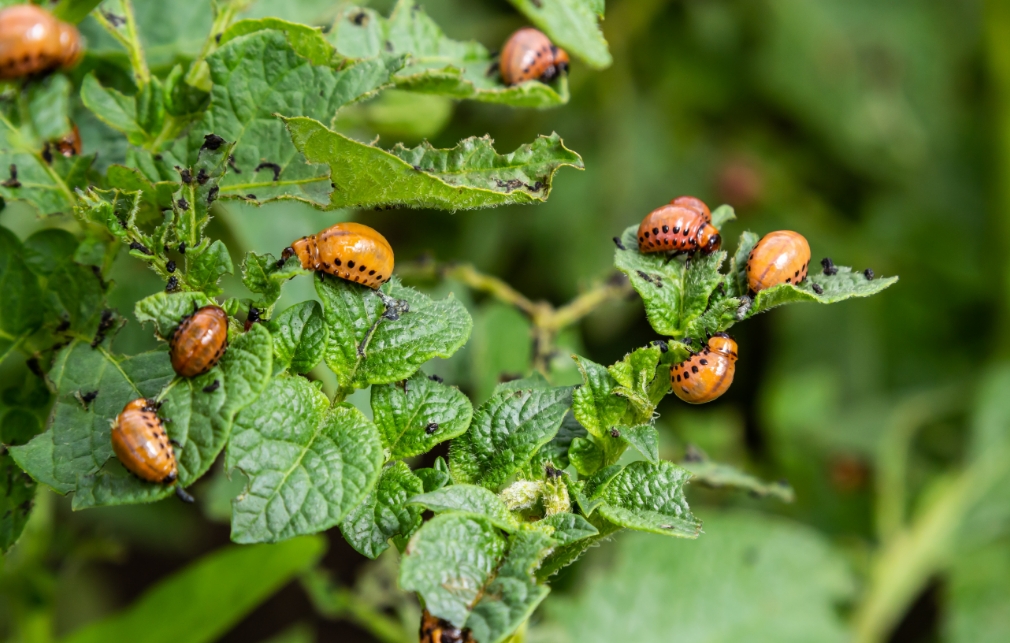
Members of the National Biosecurity Committee (NBC) made a series of presentations at the Plant Health Australia–Animal Health Australia joint member industry forum in November 2018.
Presentation topics included implementing recommendations from the Intergovernmental Agreement on Biosecurity (IGAB) Review, and experiences of recent biosecurity responses.
The NBC manages a national, strategic approach to biosecurity threats relating to plant, animal, marine and aquatic pests and diseases and is concerned with their impact on agricultural production, the environment, community well-being and social amenity.
The committee comprises of senior officials from the Australian, state and territory primary industry or environment departments and is chaired by the Secretary of the Department of Agriculture and Water Resources (DAWR), currently Daryl Quinlivan.
The NBC is supported by the Plant Health Committee (PHC), Environment and Invasives Committee (EIC) and National Biosecurity Communication and Engagement Network (NBCEN), Animal Health Committee and Marine Pest Sectoral Committee. PHA is involved as an observer in the PHC and as a member of EIC and NBCEN.
Lyn O’Connell, Deputy Secretary at DAWR, spoke to the forum about a range of initiatives, including:
- The appointment of the Chief Environmental Biosecurity Officer, Ian Thompson, who is consulting on a list of pests and diseases of environmental concern.
- Consultations on the biosecurity imports levy on containers and bulk imports due to come into effect on 1 July 2019.
- Trials of new x-ray detection technology for greater visibility of high-risk material in baggage.
Will Zacharin, Department of Primary Industries and Resources SA, spoke about the importance of detecting pests and diseases early to improve the chances of control. He pointed out that:
- If farmers have a biosecurity plan, preventing and, if necessary, eradicating a pest and disease will be much easier.
- Reporting early will allow quarantining of property and stop the spread to neighbours.
- Emergency response deeds provide owners with a framework for reimbursement of costs.
Lloyd Klumpp, Department of Primary Industries, Parks, Water and Environment Tasmania, spoke about the outbreaks of Queensland fruit fly in Tasmania in 2018. He said:
- We can’t work in isolation to maintain the system for the benefit of everybody: by protecting each other we are protecting ourselves.
- Times are changing and pressures are building so we need to manage changing risks e.g. use of technology such as irradiation.
Sarah Corcoran, Department of Primary Industry and Resources NT spoke about the citrus canker incursion in the NT. She explained that:
- Serendipitously the department had held an industry liaison workshop with PHA, AHA and local industry prior to the citrus canker detection.
- Following the detection, a control centre was operating within four days.
- The response has been supported through the national system and by over 104 people from across jurisdictions and industry who have assisted during the response.
- An agreed national protocol was established early to allow citrus producers to continue trade with minimal disruption.
Malcolm Letts, Department of Agriculture and Fisheries Queensland, spoke about Panama TR4 response in the banana industry. He reported that:
- Industry and government worked well together during the response.
- The response has come a long way and disease has not travelled very far, however, parts of industry in north Queensland do not understand the risks.
- Hort Innovation and the Australian Banana Growers Council are supporting research on TR4.
Michael Crozier, for Beth Jones, of the Department of Jobs, Precincts and Regions, Victoria spoke about the response to the varroa mite detection at the Port of Melbourne in 2018. He said the department:
- Was well prepared having done the Exercise Bee Prepared simulation exercises.
- Focused on communication with industry, doing surveillance and risk management.
